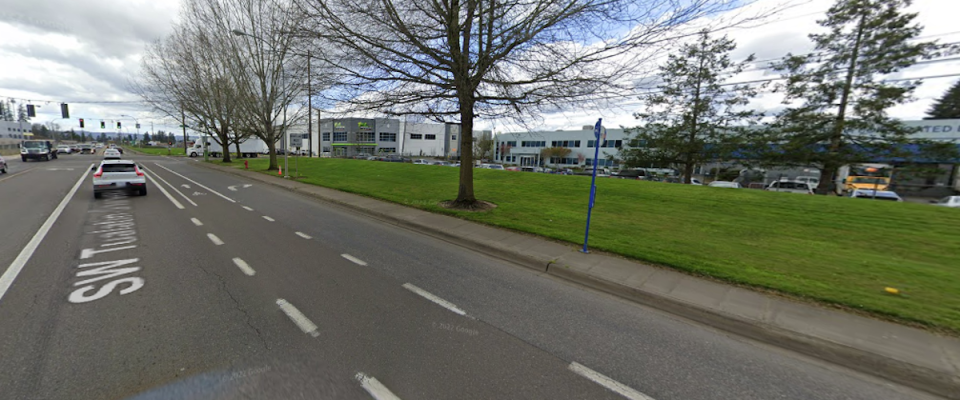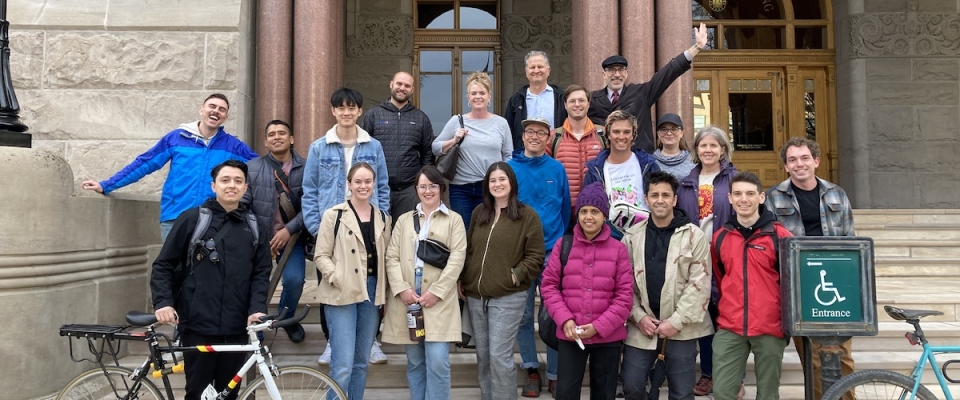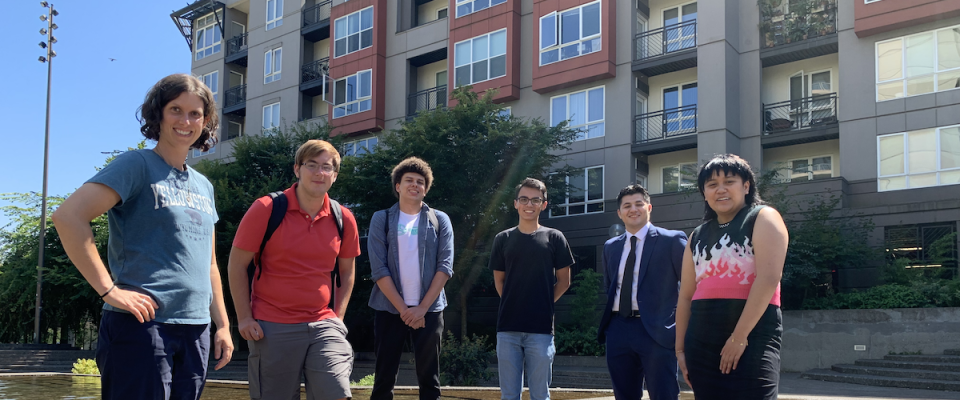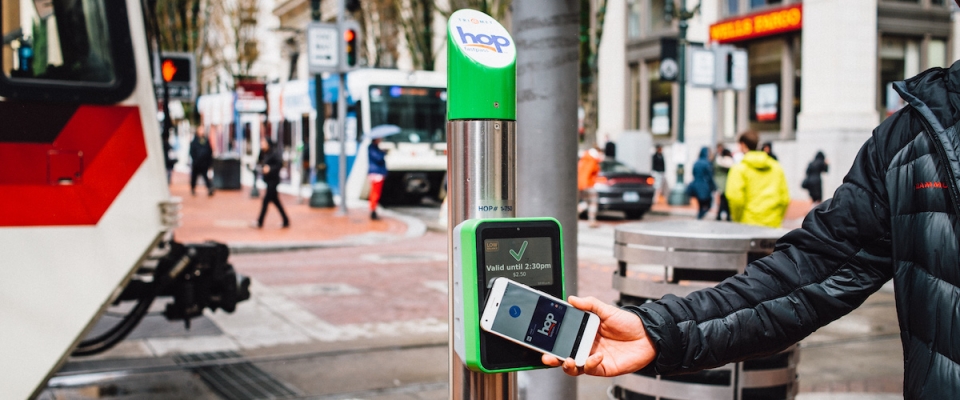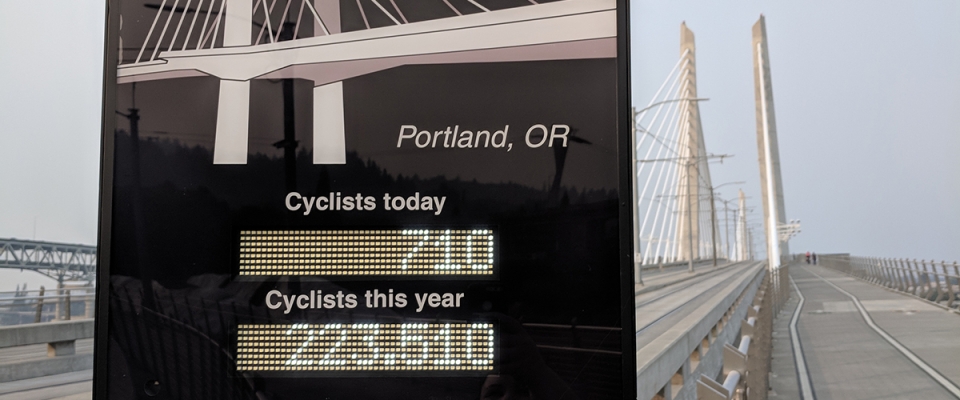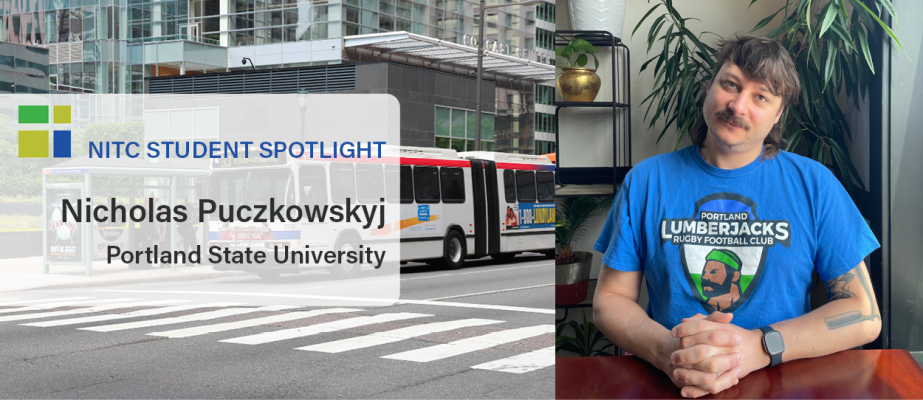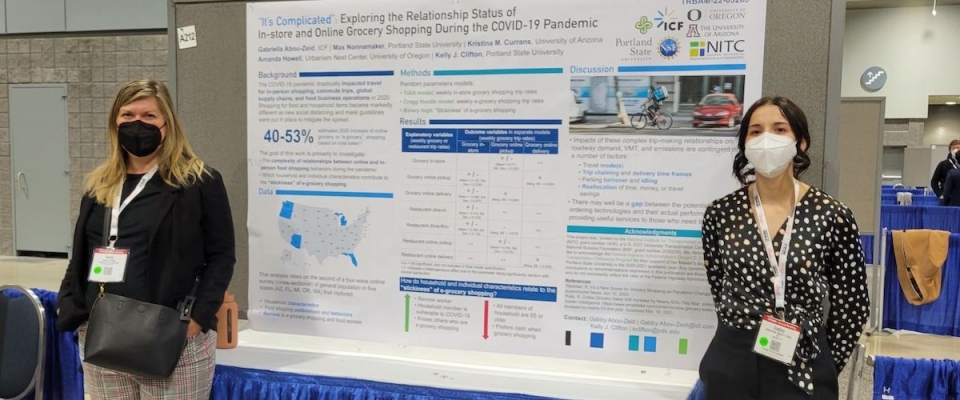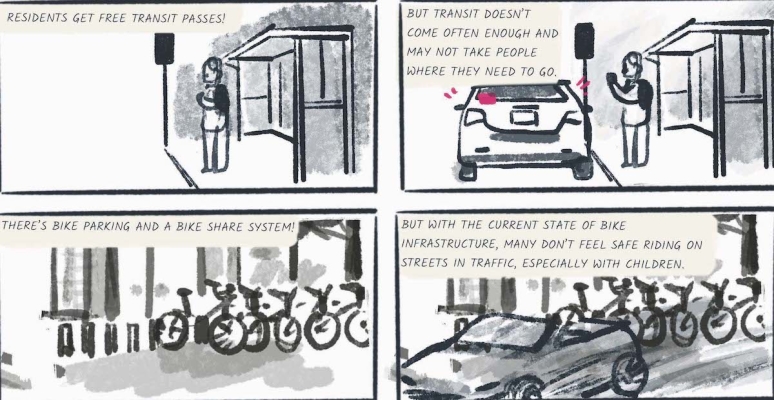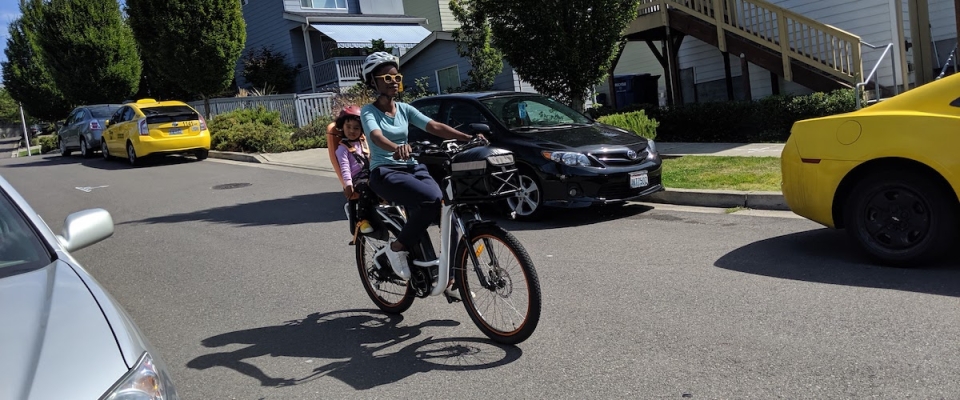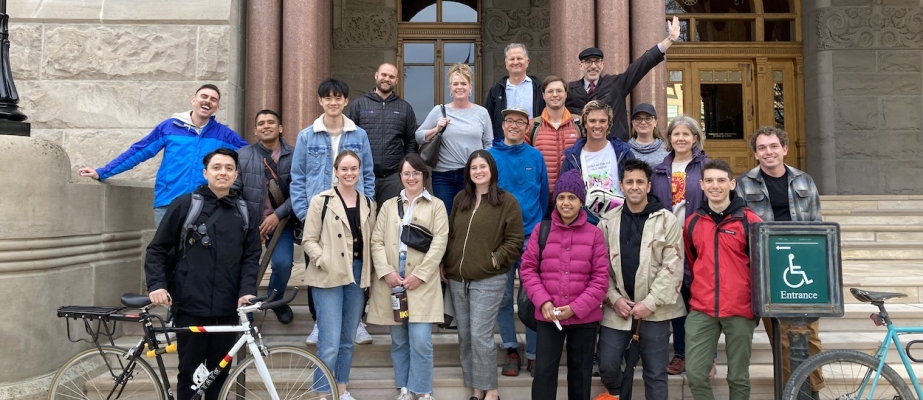Travel time reliability – or the consistency and dependability of travel times from day to day, and at different times of day – is a key metric that significantly affects people’s travel behavior. Since businesses rely heavily on transportation systems, an unreliable transportation network can also impact the economic competitiveness of urban areas. As such, reliable travel times are important for transportation agencies to promote economic stability within a community. Having accurate methods to evaluate reliability is important for both transportation practitioners and researchers.
A new report from Portland State University offers an improved method for determining the confidence interval of travel time reliability metrics. Researchers Avinash Unnikrishnan, Subhash Kochar and Miguel Figliozzi of PSU’s Maseeh College of Engineering and Computer Science used a highway corridor in Portland, Oregon as a case study to evaluate their method, and found that it compared favorably with other methods of evaluating the confidence interval of travel time reliability metrics.
Read more"Traffic engineers can apply this method to come up with a range of estimates for the unknown true travel time reliability metric. The travel time reliability metrics calculated by traffic engineers and transportation planners will have variability due to factors such as road...

